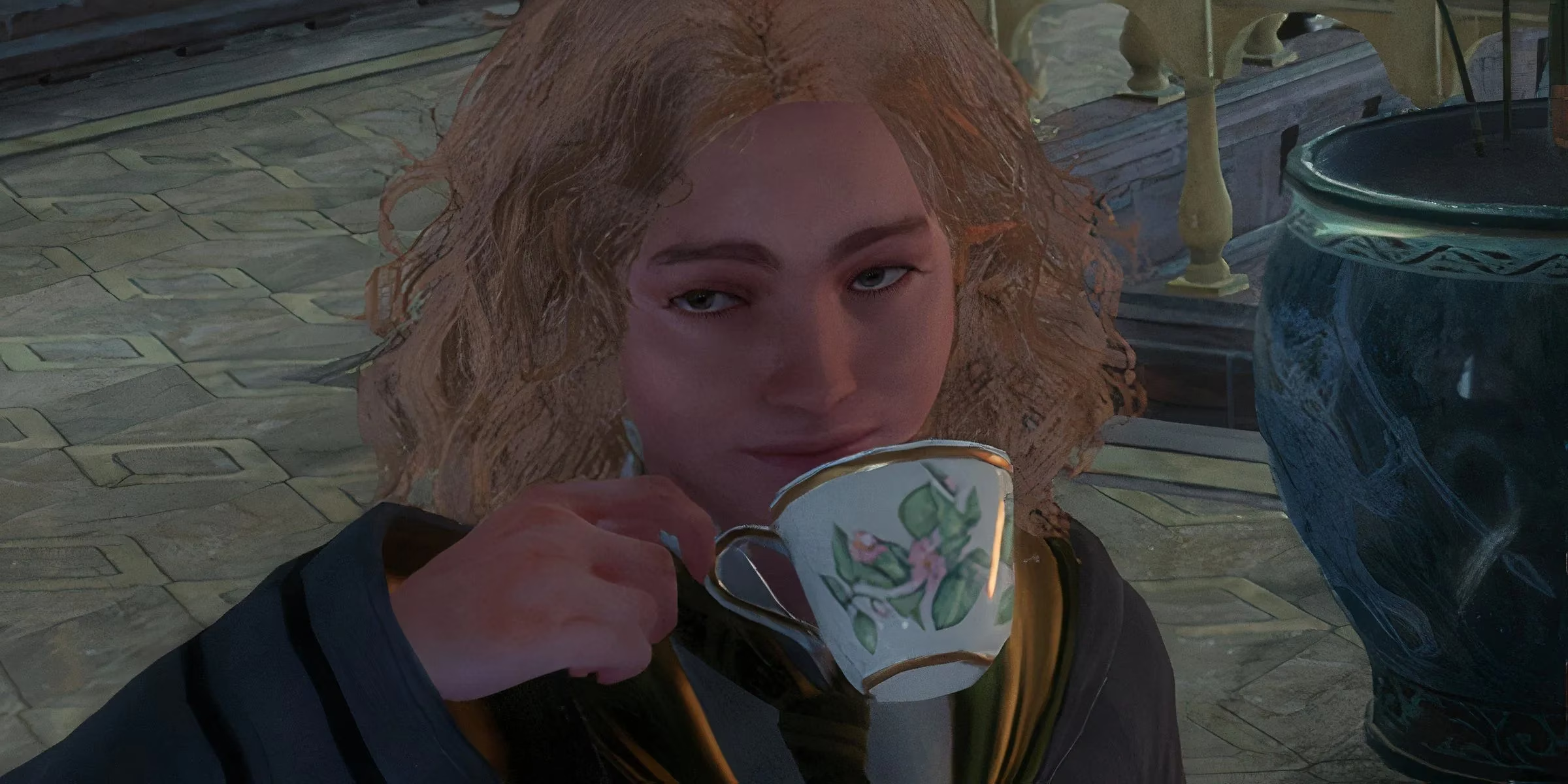The seismic success of Hogwarts Legacy left Avalanche Software balancing atop a dragon's spine, juggling nostalgia grenades while carving fresh lore into the wizarding world's ancient stone. That precarious dance between reverence and rebellion culminated in a masterstroke: a late-blooming protagonist crashing into Hogwarts like a rogue bludger, sidestepping Potter-era expectations while still letting players savor the sacred Sorting Ceremony. Ancient Magic pulsed through the narrative veins, guarded by enigmatic Keepers who made Professor Fig's eyebrow-raising enrollment gambit feel almost plausible. Almost. For how could lightning strike twice without scorching the very foundations of immersion? The sequel looms like an unsolved riddle wrapped in enchanted mist—will Avalanche dare another 17-year-old 'transfer student' miracle, or torch tradition and rewrite Hogwarts' entrance rules forever? 
The Sorting Ceremony Conundrum: Avalanche's High-Stakes Gambit
That inaugural ceremony wasn't just velvet hats and talking stools—it was a narrative Trojan horse 🐴✨! By cold-opening on Ancient Magic chaos before plunging players into the Great Hall's candlelit drama, Hogwarts Legacy performed wandless magic: satisfying Potter pilgrims without chain-ganging itself to established lore. Yet this delicate illusion hangs by a unicorn hair now. Repeating the 'mysterious older student' trope risks exposing the flimsy scaffolding:
-
The Age Paradox: Hogwarts traditionally enrolls wide-eyed 11-year-olds, not battle-ready teens. First game's hand-wavy excuses ("Ancient Magic protection! Fig's connections!") already stretched suspension of disbelief like elasticated robe fabric
-
Ceremony Fatigue: Could players stomach another hat-stall drama after customizing their character? "You belong in... SLYTHERIN!" loses sparkle when everyone knows it's menu-driven theater
-
Narrative Shackles: Keepers' lore consumed the plot. A sequel recycling 'chosen one' tropes might feel as stale as week-old pumpkin juice 🎃
Diagon Alley Dreams: The Radical Alternative
Imagine dumping the Sorting Hat altogether—letting players pick houses during character creation like selecting wand wood. Heresy? Perhaps. But picture this: tutorial sequences unfolding in Diagon Alley's crooked alleys, galleons clinking in Gringotts vaults as you barter for owls and spellbooks. No ceremony means freedom to:
| Advantage | Consequence |
|---|---|
| Start at ANY academic year | Skip tedious first-year levitation charms |
| Mature protagonist depth | Explore darker themes (unforgivable curses?) |
| Fresh entry points | New villains! Ministry intrigues! Dragon smuggling?! |
Hogsmeade proved Avalanche crafts wizard-town wonderlands—imagine Diagon Alley with leaky cauldrons spilling potions, shady Knockturn Alley dealings, and Weasleys' Wizard Wheezes prank warfare! Yet abandoning the ceremony risks fan rebellion: that hat's whispers are childhood crystallized. Can pixels replace collective memory?
The Unforgivable Elephant in the Room: Protagonist Age
Eleazar Fig's paperwork wizardry barely justified a teen walking Hogwarts' halls. Repeating this demands plot acrobatics fiercer than a Hungarian Horntail: "Ah yes, ANOTHER ancient magic wielder! How... convenient." 🐉 If the sequel demands emotional complexity—think teenage angst meets dark wizard conspiracies—forcing childhood enrollment implodes logic. Skipping Sorting liberates storytelling but murders sacred nostalgia cows. Avalanche stands at a crossroads: cling to tradition through increasingly absurd contrivances, or burn the boats and sail toward uncharted waters?
What strange alchemy will prevail? Can Diagon Alley's cobblestones replace the Great Hall's enchantment? Does the wizarding world have room for TWO "special" students in a century? The silence echoes louder than a vanished portkey...